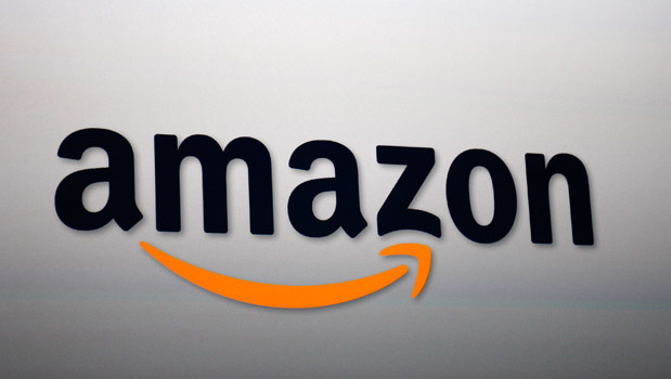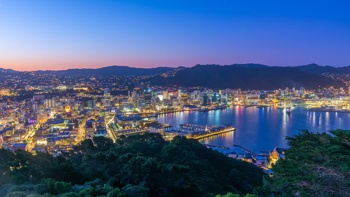
Amazon plans to spend $7.5 billion building a cluster of data centres in Auckland, due to open in 2024.
The tech giant says the Amazon Web Services build will create 1000 jobs, and add $10.8 billion to New Zealand's GDP.
AWS New Zealand head, Tim Dacombe-Bird told the Herald that the $7.5 billion was calculated over 15 years, and included the cost of building at least three data centre zones and stocking them with hardware, plus operating costs including utilities and salaries.
The Auckland build will become one of 25 AWS data centre regions worldwide.
/cloudfront-ap-southeast-2.images.arcpublishing.com/nzme/QIUEDZNYPFONZ2M5B75CUVICOM.jpg)
CloudPlatforms
Overseas Investment Office is required.
Amazon says it's in discussions with the OIO, but the Auckland build has already received approving noises from higher up the political food chain.
"Amazon is the second major global tech provider to invest heavily in establishing a Cloud Region in New Zealand [after Microsoft], bringing with it new jobs, exciting new opportunities for the digital sector, and further acceleration to our economic recovery from Covid-19," Digital Economy Ministery David Clark said this morning.
"This investment, estimated to be around $7.5band demonstrates the high level of confidence the international business community has in backing New Zealand's economy."
Clark added, "This will create job opportunities for industries like our construction sector, and bring long term benefits as we see the ICT sector and local innovators significantly grow into the future."
"Cloud-based technologies are generally accepted now as being the way to work and innovate digitally; an example of this is the NZ Covid Tracer app."
With its cloud storage and on-demand computing services, AWS is one of the vendors involved with both the NZ Covid Tracer app and the $38m drive to create a new online vaccination management system.
Local data centres will make both easier in terms of potential data sovereignty issues.
"Protecting Kiwis' data and privacy is critically important to the Government. Onshore Cloud facilities give us stronger control of New Zealand's data because it is held here, where our laws and protections apply," Clark said.
AWS currently serves customers from its data centres on Australia's east coast. Bird, said the local server farms would serve local customers like TVNZ , Vector and Education Perfect, "even faster" and address concerns for those with data sovereignty issues who needed data stored locally.
AWS has doubled its NZ staff to 100 over the past year, and in May opened a larger office in Auckland in the new PwC Tower at Commercial Bay.
AWS is separate to Amazon's online shopping operation, which has built warehouses across the Tasman and recently opened Amazon.com.au to Kiwi shoppers. AWS' expansion into NZ is unrelated to any e-tail developments that may or may not happen here.
AWS is the largest of the big three in cloud computing services backed by a series of massive data centres. The Big Three also includes Microsoft and Google.
All three were already expanding their cloud computing arms quickly, but the pandemic surge in working from home has turbocharged growth.
Last year, Microsoft announced a plan to build three data centres in New Zealand and, with construction of the first under way at Westgate in northwest Auckland, is the first of the Big Three to break ground locally. Microsoft has not put a price on its build, but it did require Overseas Investment Office approval, putting it north of the agency's $100m threshold.
Half Infratil-owned Canberra Data Centres (CDC) also has two "hyper-scale" data centres under construction, one in Hobsonville in northwest Auckland and the other north of the city in Silverdale. The ASX-listed CDC told shareholders its NZ build would cost more than $300m.
A second Australian contender, DCI Data Centres applied for OIA permission to build two data centres in Auckland. The first, also in the northwest, is budgeted at $70m.
And in August, Spark unveiled plans to supersize its Takanini data centre into a 10 megawatt giant (data centres are classed by power consumption) which will, at least for a time, make it New Zealand's largest server farm.
The telco did not put a price on the project, but said it was accommodated in its existing capex, which forecasts a rise in spending from $354m to $400m in FY2022.
Take your Radio, Podcasts and Music with you









